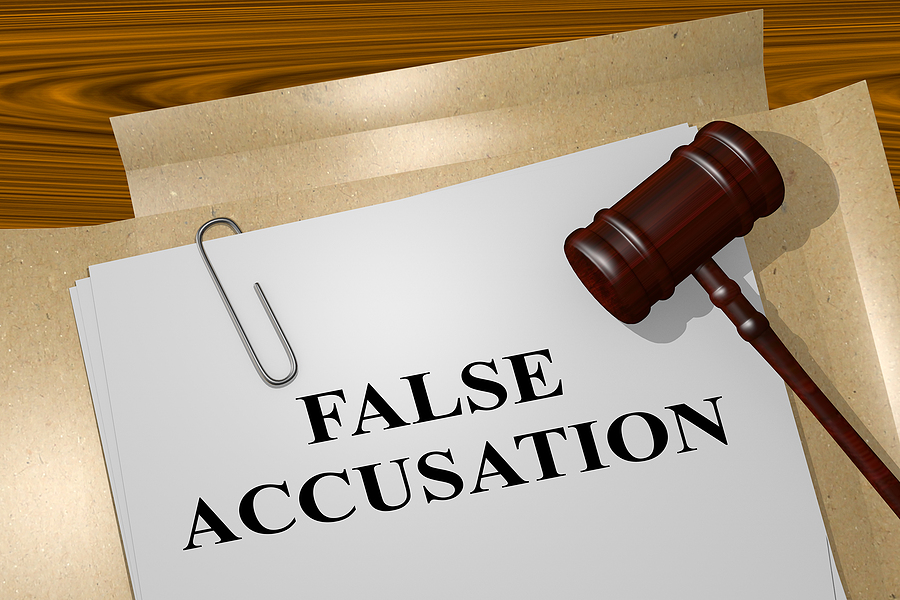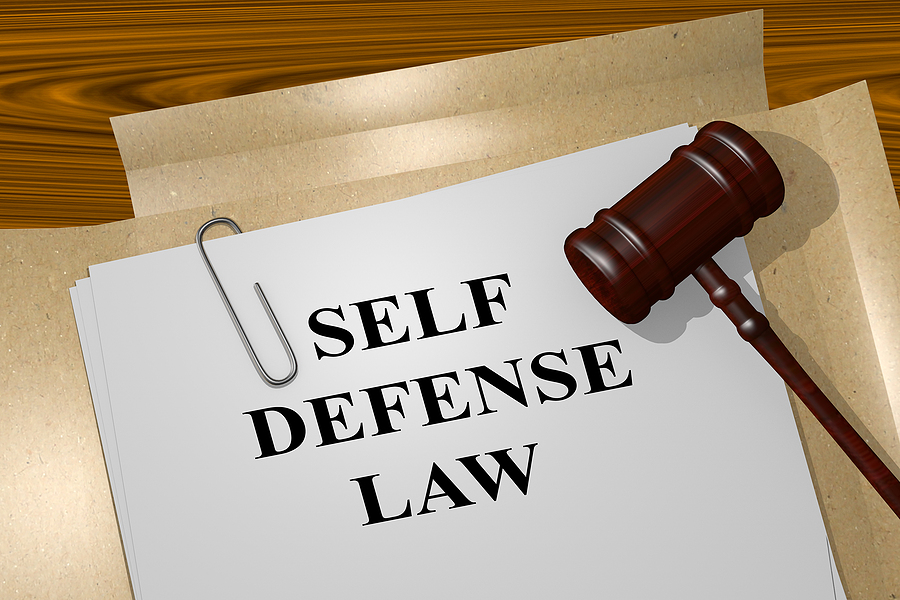Being told you’re not welcome somewhere can be unsettling, but when that message comes in the form of a legal trespass order, the consequences of ignoring it can be serious. A trespass order is more than just a request to leave; it’s a formal notice that can lead to criminal charges if violated.
Navigating the legal system can be confusing, and a trespass order is no exception. Understanding what these orders are, who can issue them, and what happens if you violate one is crucial for protecting your rights. This guide will walk you through the specifics of trespass orders in Indianapolis, from the penalties you could face to the defenses that might be available.

What is a Trespass Order?
A trespass order, also known as a “no-trespass notice” or “trespass warning,” is a formal, written notice that prohibits a person from entering or remaining on a specific property. Unlike a casual request to leave, a trespass order carries legal weight. Its primary purpose is to give individuals a clear, undeniable warning that their presence is not wanted, establishing a legal basis for future criminal action if the order is ignored.
In Indianapolis, these orders serve as a preventative measure for property owners to control who has access to their premises and to deter unwanted behavior before it escalates.
Who Can Issue a Trespass Order?
In Indiana, a trespass order can be issued by several parties who have control over a property. This includes:
- Property Owners: An individual or company that owns land or a building can issue a trespass order to anyone they do not want on their property.
- Lawful Occupants: This includes tenants who are legally renting a property. They can issue a trespass order to prevent someone from entering their rented home or apartment.
- Authorized Agents: A property manager, security guard, or any other person authorized to act on behalf of the owner can issue a trespass notice. This is common for commercial properties like hotels, shopping malls, businesses, and apartment complexes.
- Law Enforcement: A police officer can issue a trespass warning at the request of the property owner or their agent. An officer’s involvement adds an official layer to the order and creates a clear record of the notice being served.
The notice must be clearly communicated to the individual. While it can be given verbally, a written notice is much stronger evidence that the person was aware of the prohibition.
What Conduct Violates a Trespass Order?
Once a trespass order has been served, any act of entering or remaining on the specified property constitutes a violation. The Indiana Code is clear on this matter. A person commits criminal trespass if they knowingly or intentionally enter the real property of another person after being denied entry.
It’s important to understand that your reason for returning to the property does not matter. Whether you went back to retrieve personal belongings, speak to someone, or simply forgot about the order, the act of being on the property is enough to trigger a violation. The order remains in effect until it is formally lifted by the person who issued it.
Penalties for Violating a Trespass Order
Violating a trespass order in Indianapolis is not a minor infraction; it is a criminal offense. The penalties can be significant and escalate with repeat offenses.
Typically, a first-time violation of a trespass order is charged as a Class A misdemeanor. The potential penalties for a Class A misdemeanor in Indiana include:
- Jail Time: Up to one year in county jail.
- Fines: Up to $5,000.
In addition to these legal penalties, a conviction will result in a criminal record, which can have long-lasting consequences for your employment, housing, and reputation. If the trespass occurs at a school or on a school bus, the charges can be elevated to a felony, carrying even more severe penalties.
Book a Free Consultation with a Criminal Defense Lawyer ⚖
Defenses Against Trespass Order Violations
If you are charged with violating a trespass order, you are not without options. A skilled criminal defense attorney can review your case and identify potential defenses. Some common defenses include:
Lack of Notice
The prosecution must prove that you were properly notified of the trespass order. If you never received the warning, or if it was not communicated clearly, you may have a strong defense. For example, if a notice was mailed to the wrong address, you can argue you were never legally served.
Permission to Be on the Property
If the property owner or an authorized agent gave you permission to return to the property after the order was issued, this can invalidate the original order. It is crucial to have evidence of this permission, such as a text message, email, or witness.
Public Property
Trespass laws are more complex when they involve public spaces. While some areas of public property can have access restricted, a general ban from a public park or sidewalk may be challenged on constitutional grounds.
Emergency or Necessity
In very rare cases, a defendant may argue that they entered the property out of necessity to prevent a greater harm. For instance, seeking shelter during a life-threatening emergency could be a potential defense, though its success is highly dependent on the specific facts.
How to Respond to a Trespass Order Violation
Receiving a summons for violating a trespass order can be stressful. The first and most important step is to take it seriously. Do not ignore it, and do not attempt to contact the property owner directly, as this could complicate your case.
Instead, you should:
- Do Not Return to the Property: Adhere strictly to the terms of the order to avoid further charges.
- Gather All Documentation: Collect any papers related to the trespass order, the violation, and any communication you had with the property owner or police.
- Consult a Criminal Defense Attorney: Contact an experienced lawyer immediately. An attorney can explain the charges against you, represent you in court, and work to achieve the best possible outcome, whether that’s getting the charges dismissed, negotiating a plea deal, or defending you at trial.
Conclusion
Trespass orders are legal tools that property owners in Indianapolis use to maintain safety and control over their premises. Violating one is a criminal offense with serious repercussions, including jail time, fines, and a permanent criminal record. If you find yourself facing charges for a trespass violation, remember that you have rights and potential defenses. Acting quickly to secure legal representation is the most effective way to protect your future.
If you have been accused of violating a trespass order, don’t face the legal system alone. Schedule a Free Case Review with an experienced criminal defense lawyer in Indianapolis today to discuss your options and build a strong defense.
Related Post: The Difference Between a No Contact and Protective Order









